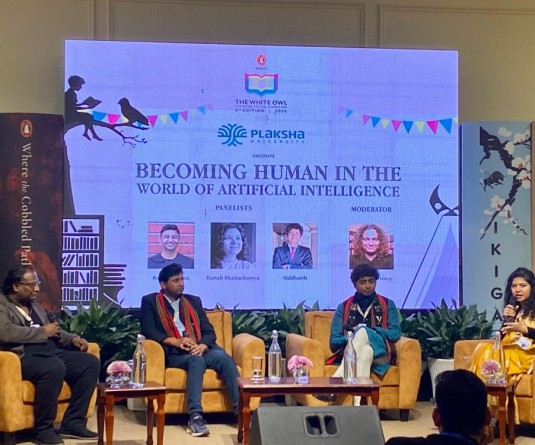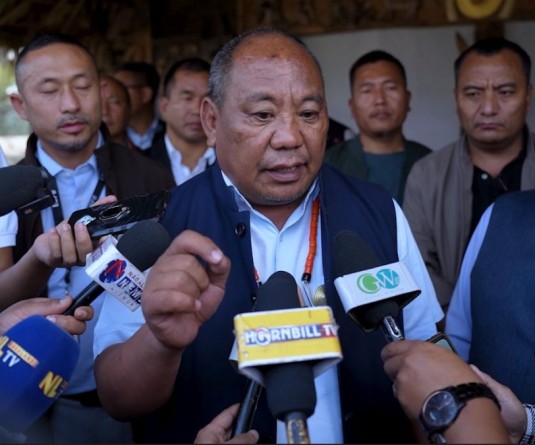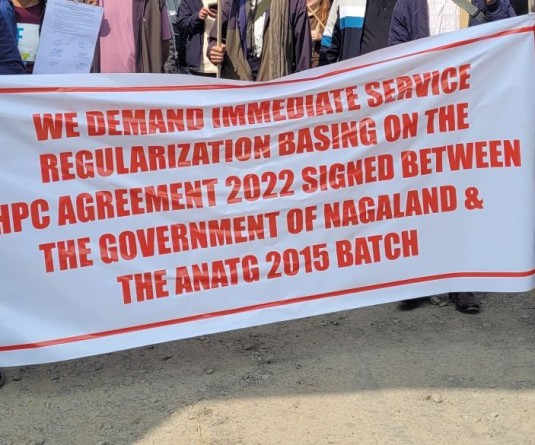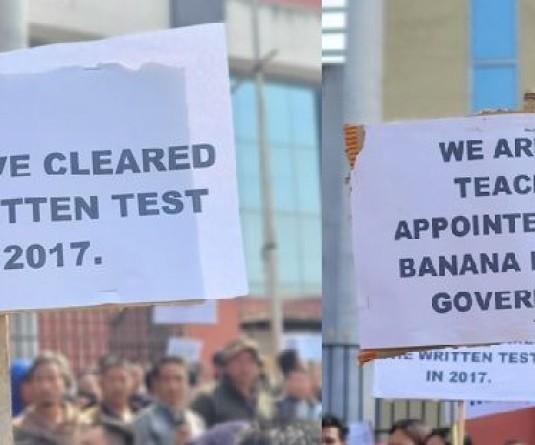
Dimapur, August 30 (MExN): Reacting to the August 18 statement of the Convener, Steering Committee, NSCN (IM) Hutovi Chishi, the Working Committee, Naga National Political groups (WC, NNPGs) said that it was the NSCN (IM), which “fell in line” with Interlocutor RN Ravi.
Chishi, in a press statement, said that individuals “falling in line” with the Government of India (GoI) Interlocutor RN Ravi will be “classified as anti-Nagas.”
The WC retorted through a press release today, stating that the NSCN (IM) was the first to fall in line with Ravi by signing the Framework Agreement on August 3, 2015 “without consulting the Naga tribes.”
In Chishi’s statement, it held that “there was a clear threat perception” and “The Naga people, the Naga tribes have every reason to label NSCN (IM) as anti Naga for misleading the Nagas for twenty three years.”
While stating that the Naga tribes have given up hope on the NSCN (IM) leadership, it claimed that the WC, as the “people’s mandated representatives,” together with the tribal leaders and village headmen, are demanding the GoI to announce an honourable and acceptable solution.
It said, “WC believes it is for the Naga people to judge and decide which leader is anti-Naga.”
The WC also took exception to the Framework Agreement (FA) terming the Naga political conflict as about six decades old. According to WC, the issue, starting with the first British expeditions 1832 to the present say and the many historical events in between, is nearly 190 years old.
‘Review Framework Agreement’
The Framework Agreement, it said, “reflects lack of Naga people’s consultation and participation prior to signing…”
It further alleged that the FA excluded a “greater part of Naga history and struggle,” appearing in the the public domain “after five years and much secrecy.”
Stating that the NSCN (IM) should seek a review of the FA with the GoI, it said, “We hope the GoI will accept the fact that six decades is just a fraction of Indo-Naga political conflict and necessary correction be initiated on FA.”
The GoI, as per the Agreed Position between GoI and WC, must restore Naga identity by correcting Naga chronology of political conflict, it added.
‘Nagaland and Nagalim’
“If the Framework Agreement was signed under ‘Nagalim’, no response would have been necessary due to the fact that the usage of ‘Nagalim’ is confined to NSCN (IM) members alone and their interpretation would have been irrelevant,” it said.
However, it said that the FA was signed with “Nagaland” instead of “Nagalim.” It said that the NSCN (IM) would justify and defend the inclusion of the name “Nagaland” in the FA citing ceasefire agreement but no other name can replace it, which, it added, stands for all Naga tribes and lands.
Shared Sovereignty
It equated the concept of “shared sovereignty” to that of the powers shared between the states and Union government of India. “The states are given space to exercise sovereign powers sourced from the constitution. In a nutshell this is shared sovereignty,” it said.
While accusing the NSCN (IM) of secrecy with regard to the FA, it demanded that the contents be revealed and let the people take the call “on the idea of shared sovereignty.”
As for the WC, it claimed that consultations were held with Naga stakeholders at all levels from day one and the “neighbouring communities” made aware as well.
On Intangki National Reserve Forest as rehabilitation area
The WC further objected to the NSCN (IM) allegedly seeking permission from the GoI to make Intangki National Park and surrounding areas of Hebron camp as resettlement and rehabilitation area for the latter.
Terming the National Park as a “common property” of the Naga people, it claimed, “Neither (the) Indian parliament nor the constitution can infringe on the land of the Nagas, particularly in Nagaland.”
It said, “GOI is informed that the WC, NNPGs, along with fourteen tribes of Nagaland, NGBF, NTC, ENPO, CNTC and other Naga civil societies, reaffirm that integration of all Naga inhabited areas is a legitimate political and historical right…”
It added that consideration of Intangki National Park “as a bargaining chip for rehabilitation” will not be acceptable.






